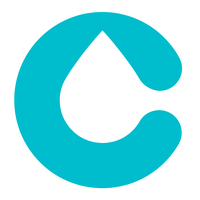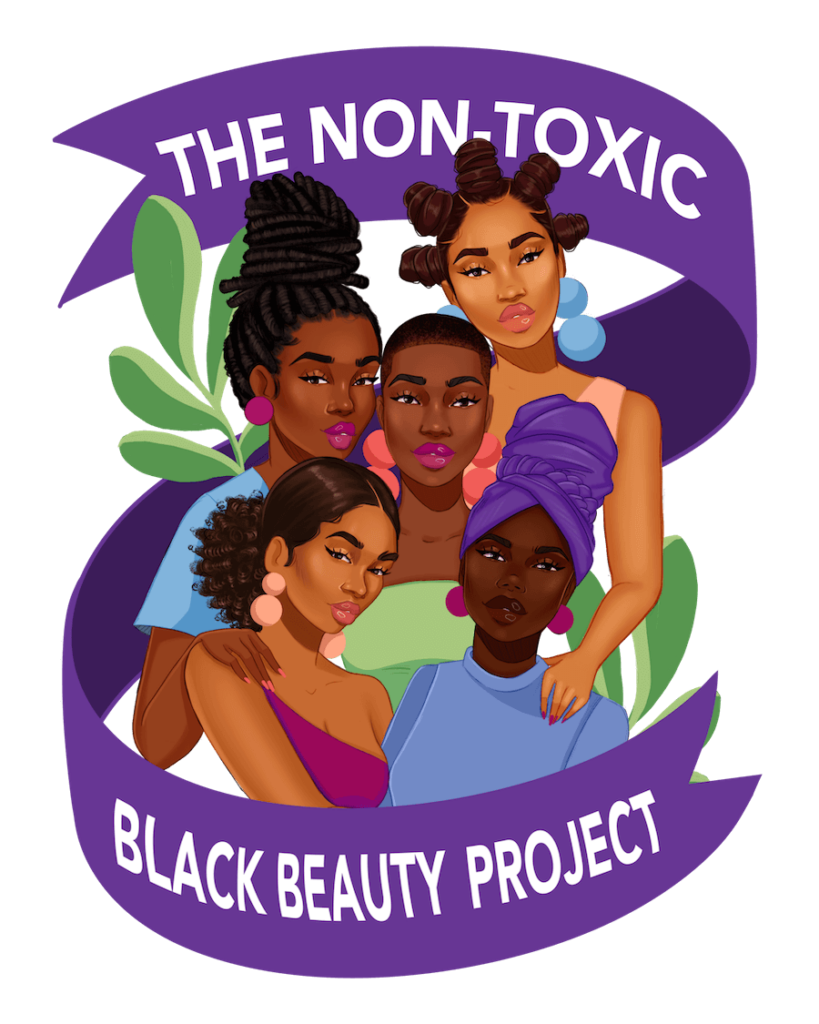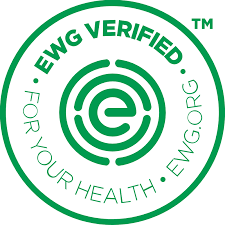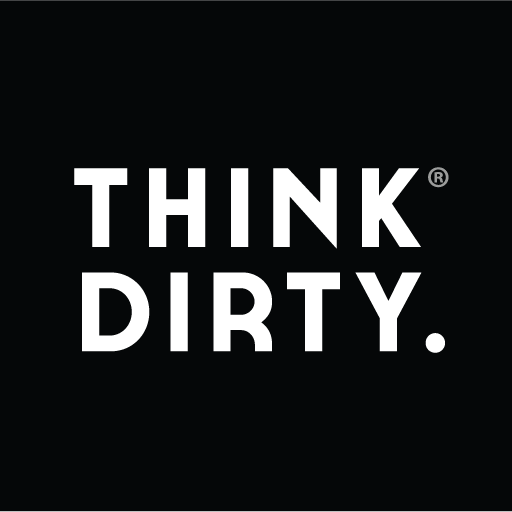Kitchen
WaterWhat You Need To KnowMost of the time, your tap water is safe to drink. But it’s a good time before or during pregnancy to know where your water comes from and if it’s regularly tested. To make sure you and your family have the best possible water, check out our tips and consider having your water tested!
What To Avoid
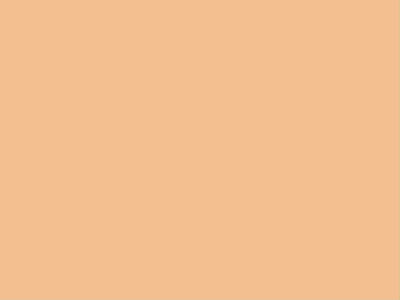
ChlorineIf your water is from a municipal treatment plant, then it is very likely chlorinated. Chlorine is used to remove germs that might make you sick. But long-term exposure may irritate eyes, skin, or lungs, as well as increase the risk of cancer, especially in children because they are more vulnerable given their bodies are still growing.

Heavy metals and chemicals:If your water is from a well, make sure it is tested for Lead as well as naturally occurring Arsenic and Manganese. If you have Lead pipes in your home, also check for Lead levels in your water. Lead exposure at any level is a serious concern for your child’s health. It may also have Pesticides, perchlorate, per- and polyfluorinated substances (PFAS), and other harmful industrial chemicals. All of these can impact brain development and have additional health effects.
Safer Choices
Filters:Active carbon water filters remove Chlorine and other chemicals. You can get one that attaches to your shower or bath or you may want a whole-house filter that takes care of your tap water, too.

RO:RO (reverse osmosis) filters are more expensive, but they can effectively remove Lead, Arsenic, and perchlorate, as well as most germs and some Pesticides.


Glass or stainless steel bottles: If you like to carry around your own bottled water, choose glass or stainless steel instead of plastic water bottles. Plastic water bottles can contain BPA, which is linked to a host of health problems. Even BPA-Free labeled plastic bottles have “substitute” chemicals that are unhealthy. If you need to buy plastic bottled water, look for the recycling codes on the bottom. Bottles labeled with #1, #2, #4, and #5 are generally safer options than #3 (PVC), #6 (PS or polystyrene) or #7 (other).
Find Safer Products
Websites and Apps:
Clearya
Clearya is a free browser extension and app that notifies you when there are unsafe ingredients in your makeup, personal care, baby care, cleaning and other products, and helps you find safe products.
Clearya is a free browser extension and app that notifies you when there are unsafe ingredients in your makeup, personal care, baby care, cleaning and other products, and helps you find safe products.
Campaign for Safe Cosmetics - Nontoxic Black Beauty Project
They offer a list and database of non-toxic beauty products made and sold by Black-owned companies that are committed to toxic-free beauty and personal care products.
They offer a list and database of non-toxic beauty products made and sold by Black-owned companies that are committed to toxic-free beauty and personal care products.
Detox Me
This app allows you to scan barcodes on products to find relevant tips. They also offer a buying guide to decode product labels and find non-toxic alternatives.
This app allows you to scan barcodes on products to find relevant tips. They also offer a buying guide to decode product labels and find non-toxic alternatives.
Environmental Working Group (EWG)
EWG has a "Skin Deep" database that rates personal care and beauty products based on their safety and toxicity levels. EWG also offers a Healthy Living app that allows you to scan barcodes and find safer products.
EWG has a "Skin Deep" database that rates personal care and beauty products based on their safety and toxicity levels. EWG also offers a Healthy Living app that allows you to scan barcodes and find safer products.
Think Dirty
This app and website allow you to scan or search for personal care products to see their ingredient safety ratings.
This app and website allow you to scan or search for personal care products to see their ingredient safety ratings.
Resources

